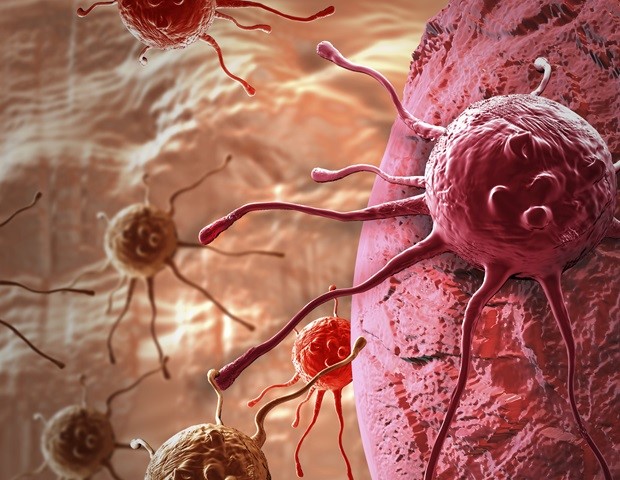Neoadjuvant Immunotherapy Shows Promise in Multiple Cancer Types
Treating cancer with neoadjuvant immunotherapy, a form of immunotherapy called immune checkpoint blockade (ICB), before surgery, has been an area of active research. However, a review article co-authored by researchers from the Bloomberg Kimmel Institute for Cancer Immunotherapy and the Johns Hopkins Kimmel Cancer Center suggests that the potential of this approach is still in its early stages, with many possibilities yet to be explored.

Figure. 1 Neoadjuvant Immunotherapy Shows Promise in Multiple Cancer Types
Figure 1 shows Neoadjuvant immune checkpoint blockade (ICB) is undergoing extensive testing in numerous clinical trials for various types of cancer. Some of these trials have shown promising results, with certain tumors exhibiting pathologic complete responses, indicating the absence of residual live tumor cells in surgical specimens. A review article, published in the journal Cancer Cell on September 11, highlights significant clinical studies utilizing ICB in lung cancer, triple-negative breast cancer, melanoma, non-melanoma skin cancers, and gastrointestinal cancers. These studies have established common principles for neoadjuvant ICB treatment.
While neoadjuvant ICB is still largely in the experimental phase, recent FDA approvals have been granted for its use in triple-negative breast cancer and lung cancer, with more approvals expected in the future. This underscores the potential and growing importance of this treatment approach in the field of oncology.
In the context of lung cancers, the review emphasizes that changes occurring in cancer tissue after immune checkpoint blockade (ICB) occur much more rapidly than what can be observed on standard CT scans used in oncology. Sometimes, a visible mass on a CT scan may no longer contain live tumor cells when examined under a microscope during surgery. Consequently, in the neoadjuvant ICB setting, the pathologic response can provide more valuable insights into treatment effects than radiographic responses.
Regarding triple-negative breast cancer, clinical trials have shown that a combination of chemotherapy and ICB can effectively prevent post-surgical relapse. Furthermore, administering ICB to patients with earlier-stage cancers before surgery has proven more effective than using it on patients with advanced, inoperable disease. In skin cancers, research has revealed that combination therapies can be beneficial but are not always necessary. Some patients who exhibit complete responses under the microscope may not require extensive medical treatment.
For gastrointestinal cancers, investigators have discovered that a genetically defined subset known as MSI-high tumors responds exceptionally well to neoadjuvant ICB, to the extent that surgery may not be needed for some patients. These insights highlight the potential of neoadjuvant ICB in tailoring cancer treatment approaches and sparing patients from unnecessary procedures.
Several key themes have emerged from immune checkpoint blockade (ICB) clinical trials in the neoadjuvant setting:
- Immunotherapy regimens that demonstrate significant effectiveness against advanced, inoperable cancers often maintain their efficacy when administered before surgery.
- The extent of pathologic response observed following neoadjuvant ICB can predict the duration of relapse-free intervals after surgery.
- Neoadjuvant ICB not only enhances anti-tumor activity in the immune system but can also positively impact surgical procedures. It can shrink tumors to a point where their removal is less disfiguring or, in some cases, may eliminate the need for surgery altogether.
- Tissues surgically removed after neoadjuvant ICB provide a valuable resource for in-depth scientific investigations, offering insights into how ICB functions and strategies to overcome treatment resistance.
This review article underscores the promising potential of neoadjuvant ICB in reshaping cancer treatment approaches and advancing our understanding of cancer immunotherapy. Co-authors, including Drew Pardoll and other experts, are available for further commentary on this topic.
Source:NEWS MEDICAL LIFE SCIENCES
Cite this article:
Janani R (2023),Neoadjuvant Immunotherapy Shows Promise in Multiple Cancer Types,Anatechmaz,pp.759

